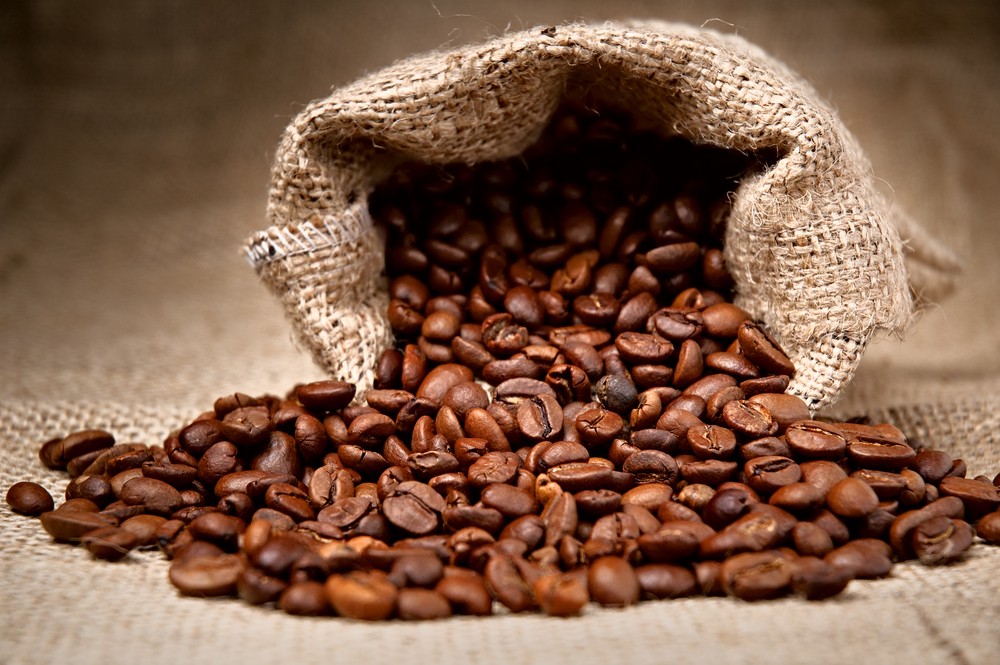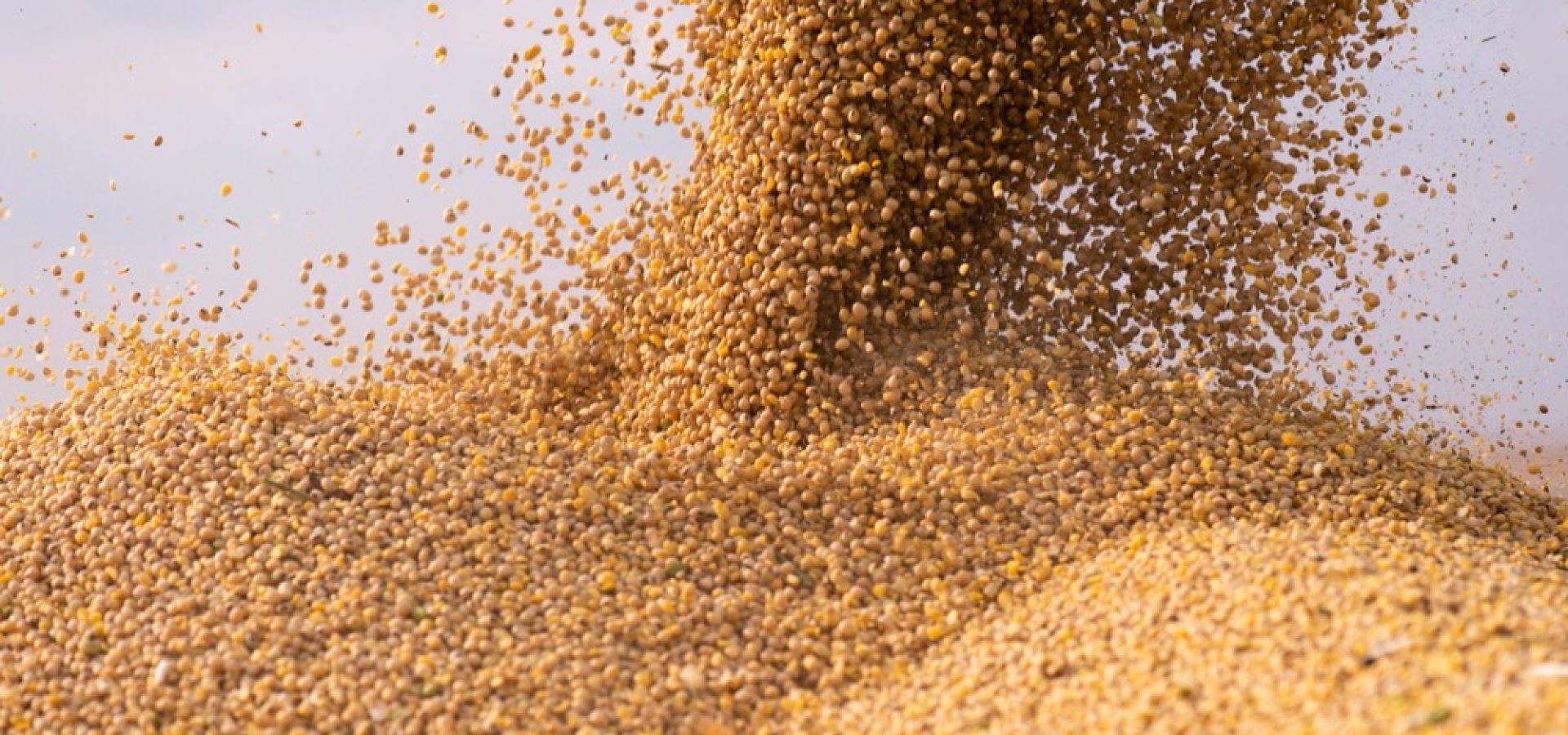Traders have been rejoicing lately as the trade war between the United States and China starts to ease. However, the trading agreement for US farm goods could be derailed by Brazilian soybeans.
The Chinese government and firms are clearing their way to have more room for American agricultural products. Unfortunately, there is one factor that holds the way, the much more affordable Brazilian grown beans.
The US soybean contract went up 0.35% or 3.26 points in today’s trading. A bushel of US soybeans now costs around $937.38 in sessions.
Traders expected US soybean futures to rally amidst the trade war progress. But the cheaper soy from Brazil prevents the prices from rallying.
China reportedly bought 480,000 tons or $173 million Brazilian soybeans last week.
Brasilia snatched a big piece in the shares of China’s soybean purchases during the prolonged trade war. But the recent developments in the trade war caused premium Brazilian soybean exports to drop by 44%.
With that relatively low cost, China has a decision to make: from which country will it avail soybeans? It could choose to follow its relationship with the US or choose cheaper exports.
A commodities expert said that Brazil will be more competitive than the United State in January. That period is the peak harvest season for the South African country.
Brazil is currently China’s biggest supplier of soybeans. Despite the White House’s announcement, some critics say that China is still busy booking products from Brazil last week.
These transactions show that China isn’t in a hurry to buy US products in the wake of the recent war progress. However, purchases during this season are unusual because the US harvest is coming.
US President Donald Trump said on Twitter that China has finally begun buying US agricultural products like soybeans.
Strong Market

Brazil, the world’s biggest producer and shipper of arabica coffee, say it’s running out of beans. The Brazilian government said that farmers do not have enough beans to supply the new orders for the arabica coffee.
The sudden shortage countered the steady supply of the country that helped lower prices to 13-year lows.
According to a commodities analyst that specialized in agricultural products, the country’s funds have been overselling in New York City.
At this moment, Brazilian coffee farmers are still searching where they could get more beans to last for the next six months.
Initially, experts calculated that the country would receive 5.7 million bags of arabica coffee beans this year. However, only 4.9 million bags arrived, approximately 800,000 bags short. About 65% of the beans were sold globally and 20% were left to farmers according to experts.
Arabica coffee is the type of coffee that comes from the Coffea Arabica plant and it originated from the southwestern highlands of Ethiopia. The arabica is the most popular type of coffee in the world and it makes up more than 60% in coffee production. Huge companies such as Starbucks prefer using this type of coffee on their stores.









COMMENTS